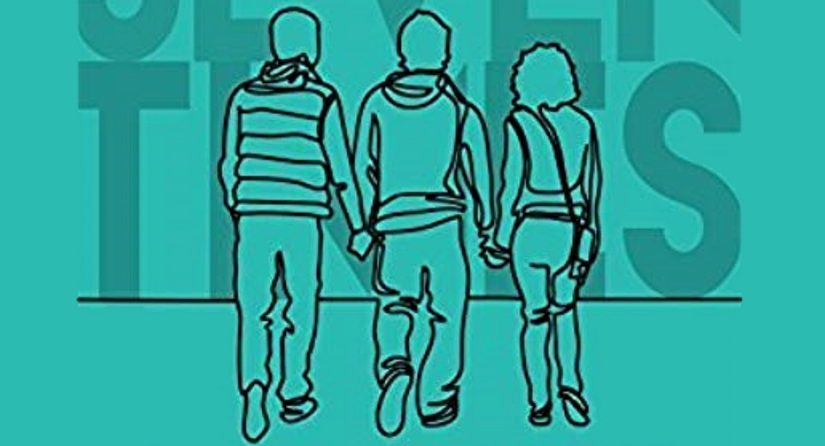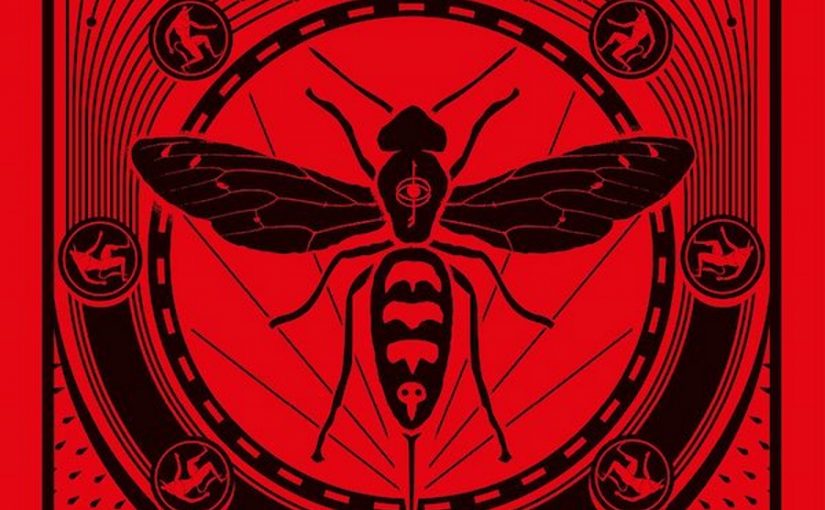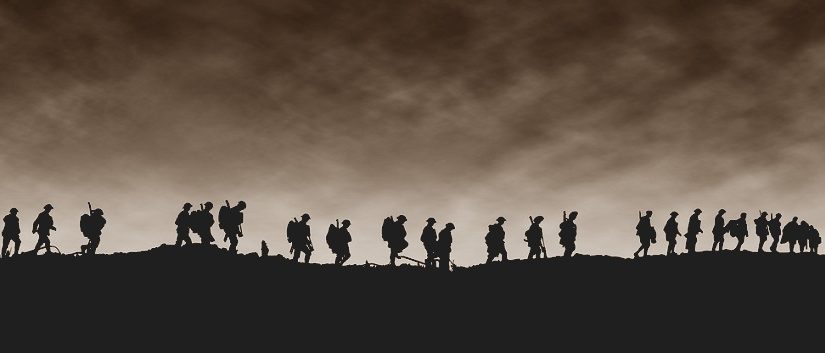In the last week of October, and the last week before this year’s NaNo, an episode of my favorite writing podcast was dedicated to the question of whether we, the listeners and aspiring writers, should do it or not. And the answer was a resounding NO. Tim Clare, the author of said podcast, brought forward an array of arguments to support his advice. Some of his thoughts made me look at NaNo from a new angle. NaNo has been a part of my life for nearly a decade now, so this fresh perspective is a valuable gift and I appreciate it.
At the same time, I was put off by the tremendous one-sidedness of these same arguments. It seemed that Tim was either unaware of, or intent on ignoring all potentially good things about NaNo. And if there were no good things about it, if all it ever did for anyone was make them miserable and prevent them from writing ever again (which is, basically, what Tim believes), it would have died off a long time ago. Instead, it gets bigger and more popular every year.
Tim isn’t necessarily wrong about its potential to harm, but this risk is limited to a small minority of participants: to people who, like himself, have a troubled relationship with writing. There have been other episodes of the podcast where it sounded like such people are the only audience Tim’s interested in speaking to. But this was the first time I felt there was literally nothing in it for the rest of us, not a single thought or word spared. This spurred me to write a response, even though I realize that NaNo has an army of voices speaking in its favor already and doesn’t particularly need me to defend it.
Continue reading In Defense of NaNoWriMo





